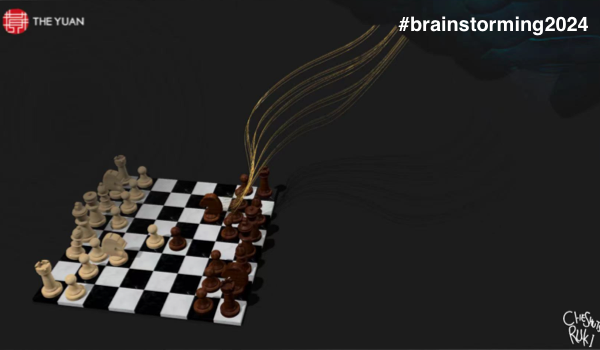


MUNICH - Since the mid-2000s, productivity growth in advanced economies has been anemic. Average annual productivity growth in the United States from 2005 to 2016 was just 1.3 percent, less than half the 2.8 percent annual growth logged from 1995 to 2004. Annual productivity growth declined from 2.3 percent in the 1995-2004 period to 1.1 percent between 2005 and 2015 across other countries in the Organization for Economic Co-operation and Development (OECD).
This sluggish growth seems paradoxical given recent rapid advances in digital innovation and artificial intelligence (AI).
“We see transformative new technologies everywhere but in the productivity statistics,” US economists Erik Brynjolfsson, Daniel Rock, and Chad Syverson have noted.
Yet might the COVID-19 pandemic help to resolve the paradox by accelerating firms’ adoption of robots and other labor-saving innovations, thereby boosting productivity growth?
Recent research I co-authored shows that the pandemic has prompted a rising number of rich-country firms to cut their reliance on global supply chains and invest more in robots at home, as the pandemic has changed the relative costs of these two production models. Global supply chains have become costlier and more uncertain, with many firms anticipating further lockdown-related disruptions to production. Falling interest rates during the ongoing economic crisis have enabled cheaper financing, thereby lowering the cost of a robot relative to that of a worker.
As a result, firms in developed countries are expected to re-shore production, e.g., from China, for example, and invest in German or US robots instead. Increase uncertainty from the pandemic could reduce global supply-chain activity by 35 percent, per our estimate. That decrease, coupled with lower interest rates, could boost robot adoption in rich countries by 76 percen
The content herein is subject to copyright by Project Syndicate. All rights reserved. The content of the services is owned or licensed to The Yuan. The copying or storing of any content for anything other than personal use is expressly prohibited without prior written permission from The Yuan, or the copyright holder identified in the copyright notice contained in the content. Continue with Linkedin
Continue with Linkedin
 Continue with Google
Continue with Google










 2777 views
2777 views







